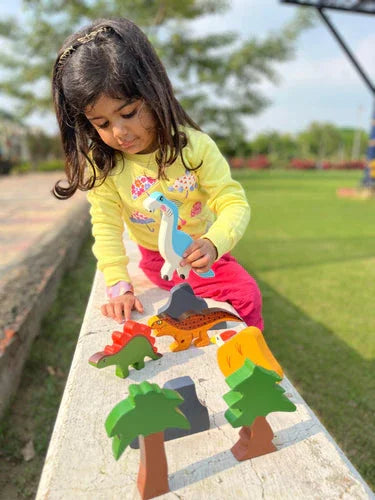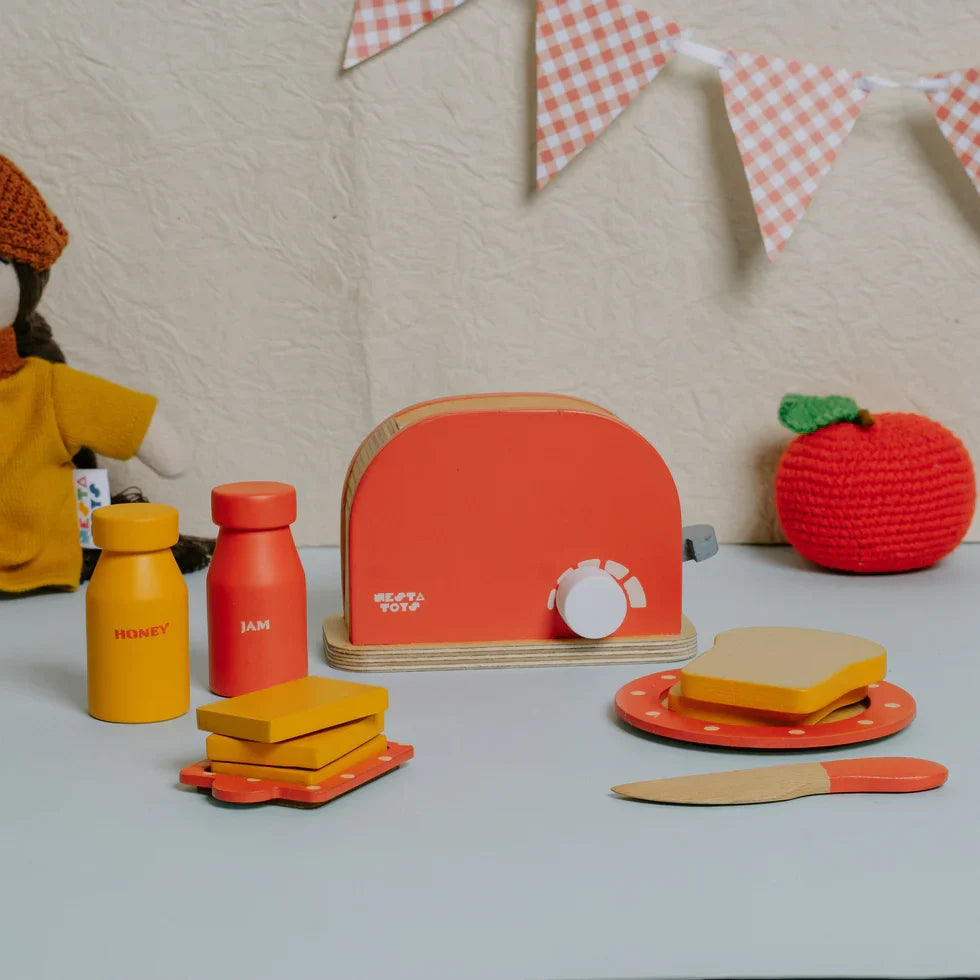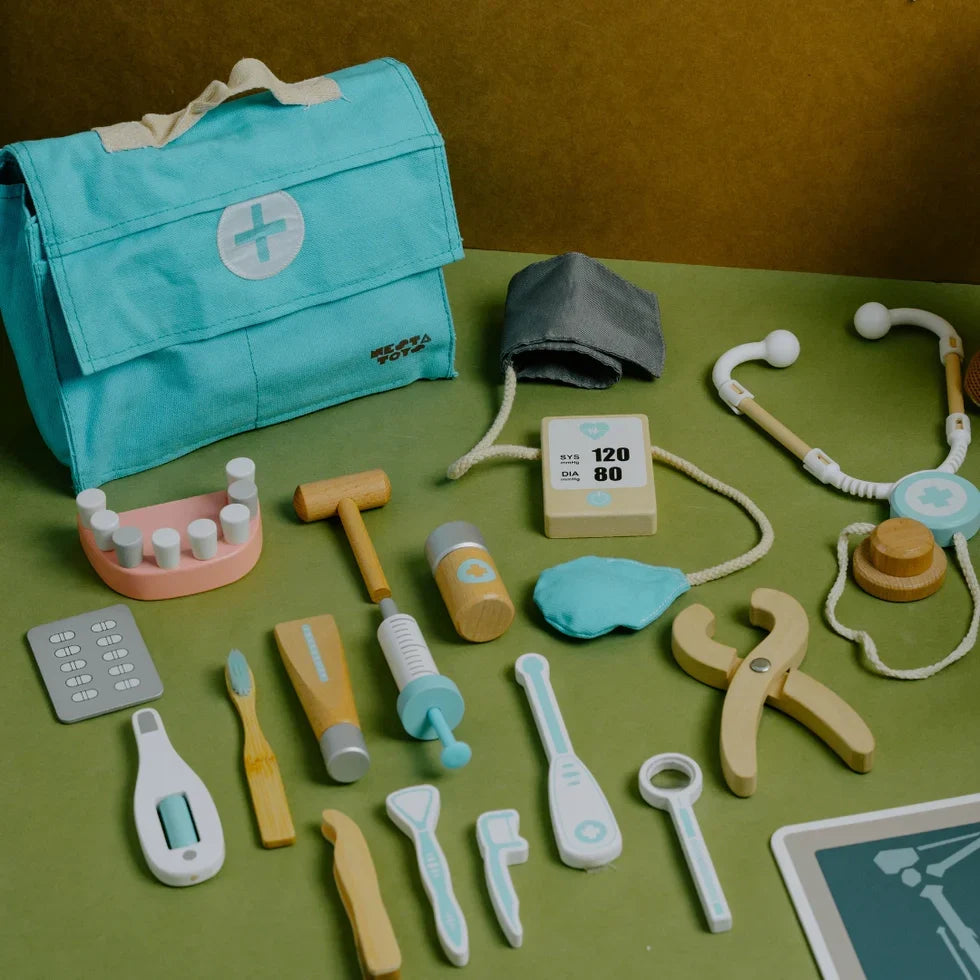It enhances motor skills, spatial awareness, problem-solving abilities, and teamwork while fostering creativity and imagination. Here are eight benefits of block play for preschoolers and toddlers:
- Develops fine motor skills: It also improves grip control, precision, and the ability to manipulate objects, which are essential for writing and other daily tasks.
- Encourages creativity and imagination: It allows them to experiment with spatial relationships, explore problem-solving, and develop storytelling skills as they bring their ideas to life.
- Improves spatial awareness: It enhances their ability to visualize and manipulate shapes, improving early math and engineering skills.
- Enhances problem-solving skills: It helps develop critical thinking, patience, and resilience as they experiment, adjust, and refine their creations.
- Boosts language development: It fosters collaboration, turn-taking, and storytelling as children describe their creations and share ideas.
- Builds social skills: It also helps them learn cooperation, teamwork, and conflict resolution while building together.
- Develops mathematical concepts: It also introduces concepts like symmetry, patterns, measurement, and balance in a hands-on way.
- Promotes confidence and self-esteem: Building structures with blocks gives preschoolers and toddlers a sense of accomplishment, which can boost their confidence and self-esteem.







